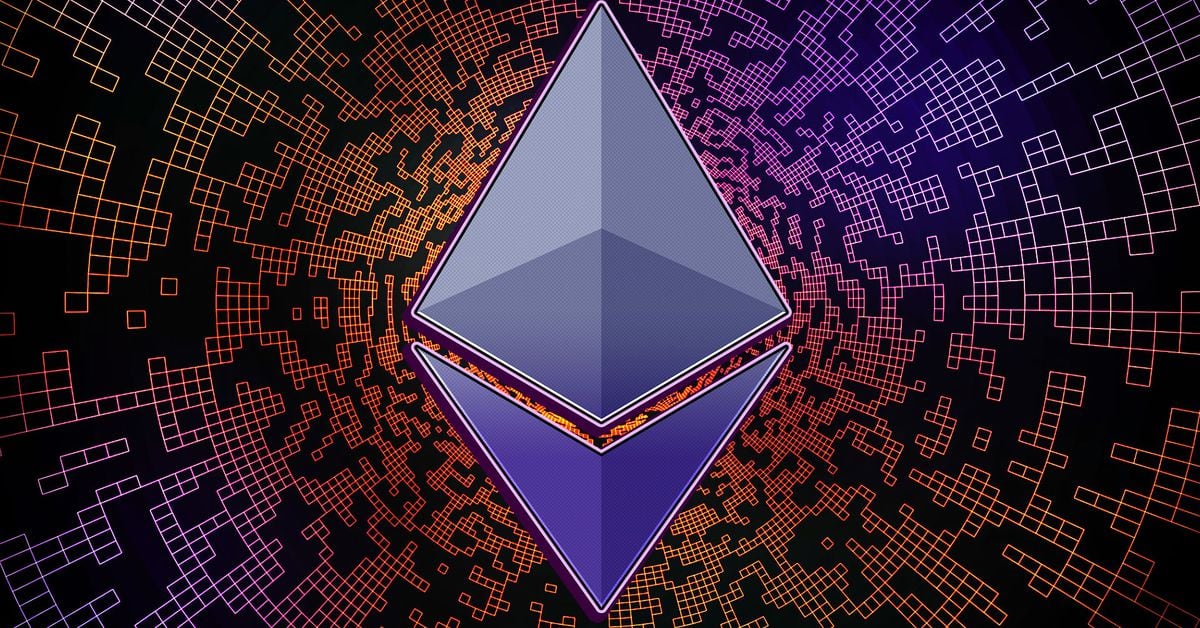
The decision to include an additional code change in the upcoming Cancun/Deneb upgrade of the Ethereum protocol has sparked controversy within the Ethereum community. The code change was made as a stopgap measure to address the issue of validator set size growth. However, critics argue that the decision was made too hastily and without sufficient discussion, research, and thought.
The issue of Ethereum’s validator set size growth has been a topic of concern among developers for months. The excessive number of validators on the network can lead to difficulties in finalizing transactions. The problem was highlighted during testing for the new Ethereum test network called Holesky, where it struggled to finalize due to the large number of attestations being propagated.
As of September 15, 2023, there are already over 800,000 active validators on Ethereum, and the number is expected to exceed 1 million by the end of the year. Without intervention, Ethereum’s validator set size is projected to reach 1.4 million by March 2023.
To address this issue, Ethereum Improvement Proposal (EIP) 7514 was introduced, which caps the growth of the validator set to eight validator entries per epoch. This code change provides a temporary solution to the issue of validator set size growth, but it only buys developers a few more months before the problem resurfaces.
Liquid staking solutions, which lower the barrier to entry for users to stake their ETH, are likely to contribute to the continued growth of the validator set. This is an issue that will only worsen over time if left unaddressed.
While the decision to include EIP 7514 in Cancun/Deneb was made somewhat hastily, it was necessary to ensure the stability and future of the Ethereum network. Developers have recognized the severity of the issue and have acted prudently to address it.
However, the conversation about Ethereum’s validator set size growth does not end with EIP 7514. Developers will need to consider more significant changes and long-term solutions to effectively manage the growth of the validator set. The broader Ethereum community is encouraged to participate in these discussions and hold developers accountable for their decision-making process.
It is crucial for the community to be aware and engaged with these issues. The urgency of addressing the problem should not be a reason to oppose the upgrade, but rather a motivation to push for its inclusion. The issue at stake is real, serious, and urgent, and the Ethereum community has a responsibility to drive the development process by making their voices heard.
In conclusion, while the decision to include an additional code change in the Cancun/Deneb upgrade has sparked controversy, it is a necessary step to address the issue of Ethereum’s validator set size growth. Developers and the broader Ethereum community must continue to work together to find long-term solutions to effectively manage the growth of the validator set.






